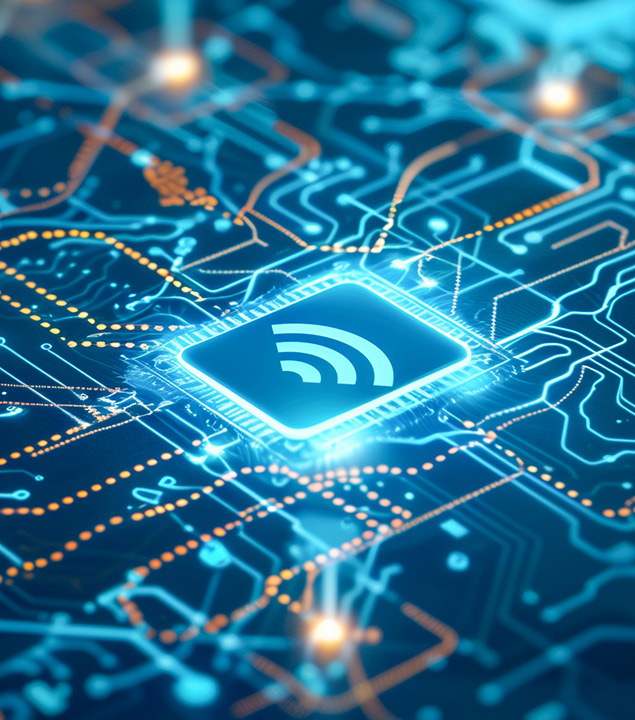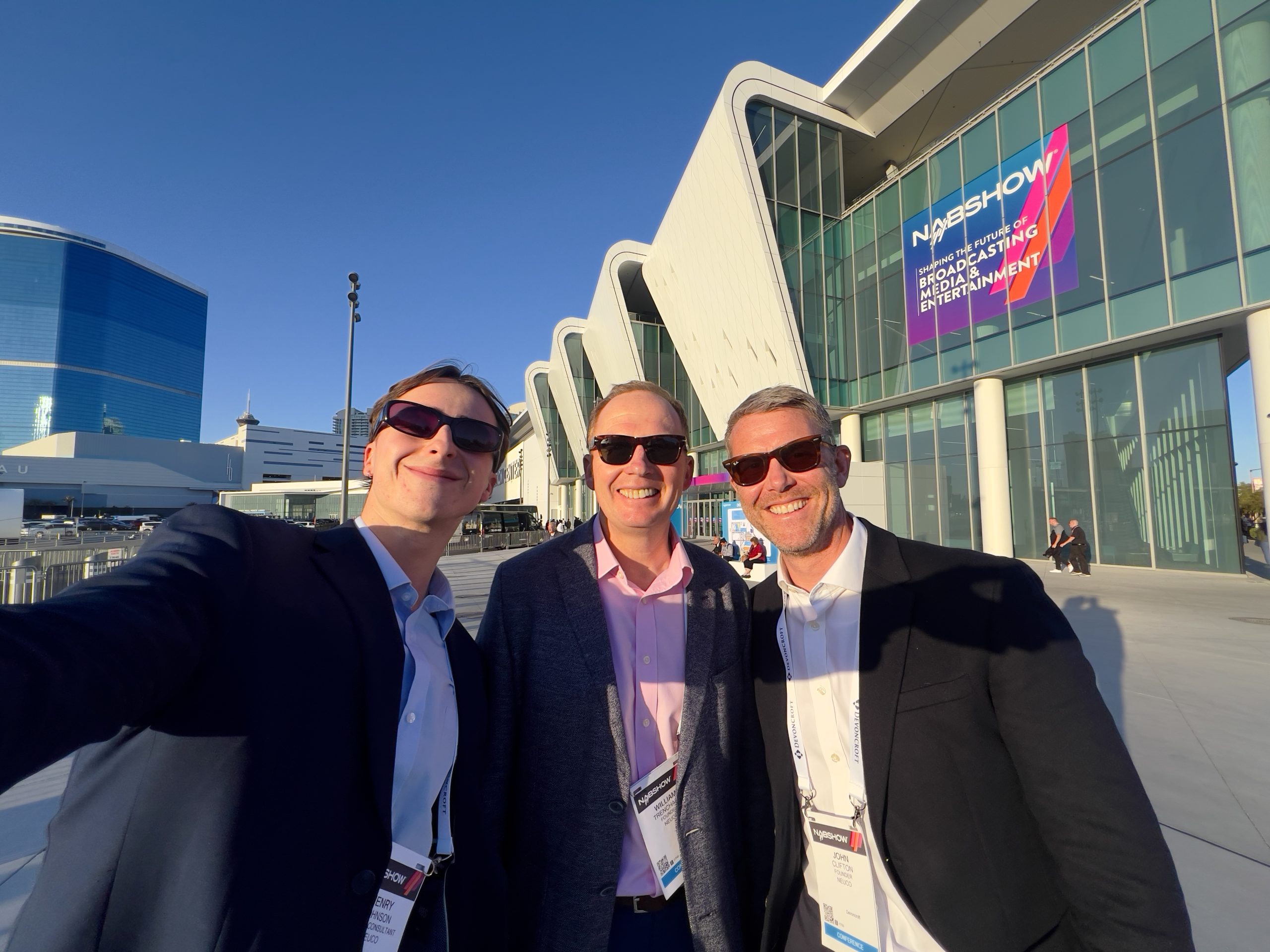The space industry is connected to so much of life on Earth. On a special episode of The Satellite & NewSpace Matters Podcast, I was joined by Jakub Dziwisz, the CEO at Orbify, to discuss how we can include the wider community in conversations about the future of space. Read on for the highlights of the conversation.
“We’re at an interesting stage of adoption at the moment, which is part of the natural way that any sort of new technology has always been adopted. I still remember cars in the ‘80s; when they would break up in the middle of the road. Every driver would know a little bit about how to fix the car because they were difficult to operate. You would need that knowledge if you were stuck in the middle of the road in the ‘80s. Nowadays you can call someone to come and fix everything for you without getting your hands dirty. The same thing happened with computers in the late ‘90s.
When this technology became useful, it became so easy that even small children could use it. We are observing the same trend with Earth observation now. Twenty years ago, Landsat imagery was accessible only to the very few people with PhDs. Now, we are always increasing the quality of the images and making them more accessible to normal people. As the technology evolves and matures, it will be able to reach larger amounts of the population.

That’s good because in the majority of societies, citizens have all the influence because every couple of years they vote for the government and decide what type of politics they would like to see. We as consumers have a lot of impact on the goods that we purchase too. When I go to a store, more often than not, I’m trying to understand what impact my chosen products are creating on the planet. If someone tells me “We are green, we produce our goods without killing or harming animals,” then I’m more likely to choose their product instead of the other one. The same thing happens If someone says, “We are using less plastics to produce our bottles,” and things like that.
This is why I think that we as citizens have all the tools to impact politics and the commercial world and see the change. In order to do this, we need more transparency. I’m not a big fan of regulations, I prefer some dose of freedom, but one of the regulations that the EU is introducing is super helpful, which is called the Anti-Greenwashing Directive. Greenwashing is ending because if you claim to have zero impact or be an environmentally conscious company, you have to prove it.
Our observational remote sensing service is a great way to collect proof of our corporate impact. We need more information—not necessarily more data, because we already have over 1,000 satellites orbiting the Earth collecting terabytes of data every minute—but we do need numbers that describe the environment around us. And this is exactly what we are trying to bring to the table.
To hear more from Jakub, tune into Episode 33 of The Satellite & NewSpace Matters Podcast here.
We sit down regularly with some of the biggest names in our industry, we dedicate our podcast to the stories of leaders in the technologies industries that bring us closer together. Follow the link here to see some of our latest episodes and don’t forget to subscribe.


